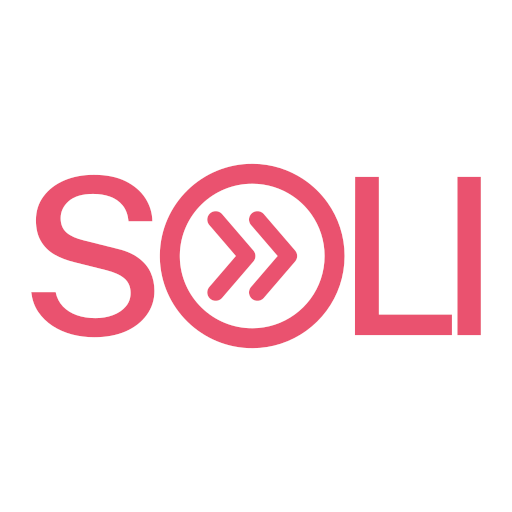This project provides a public API for the FOLIO (Federated Open Legal Information Ontology) ontology.
If you just want to access the API, you don't need to run this project yourself. The API is freely available to the public,
including open CORS * origins, at https://folio.openlegalstandard.org/.
For example, you can view the Lessor class:
The FOLIO API allows users to interact with the FOLIO ontology, providing endpoints for searching, retrieving class information, and exploring the taxonomy.
The Swagger UI documentation can be found at https://folio.openlegalstandard.org/docs.
The OpenAPI spec file can be found at https://folio.openlegalstandard.org/openapi.json.
- Docker and Docker Compose
- An OpenAI API key if you're using the LLM search features
The easiest way to run the FOLIO API is using our Docker Compose setup:
-
Clone the repository:
git clone https://github.com/alea-institute/folio-api.git cd folio-api -
Create your configuration file:
cp config.json.example config.json
-
Edit the
config.jsonfile to update your configuration (especially the OpenAI API key if needed). -
Start the API in production mode:
./run.sh
This will start the API and a Caddy reverse proxy. The API will be available at http://localhost/docs.
For development with hot-reloading:
./run.sh devThis will:
- Mount your local code directory into the container
- Enable hot-reloading (the server restarts when code changes)
- Run in the foreground with visible logs
The run.sh script provides several commands to help manage your FOLIO API deployment:
./run.sh [command] [options]Available commands:
prod(default) - Run in production modedev- Run in development mode with hot reloadingstop- Stop all containerslogs- View logs in real-timerestart- Restart all containersstatus- Show container statusclean- Stop and remove containers, networks, volumes
Port configuration options:
--api-port=PORTor--port=PORT- Set the API port (default: 8000)--web-port=PORT- Set the web server port (default: 80)
Examples:
# Run in production mode with API on port 9000 and web server on port 8080
./run.sh prod --api-port=9000 --web-port=8080
# Run in development mode with custom ports
./run.sh dev --port=3000 --web-port=3080You can also set the ports using environment variables:
export PORT=9000
export WEB_PORT=8080
./run.shThe following environment variables can be set:
OPENAI_API_KEY: Your OpenAI API key (if using OpenAI models)PORT: The port on which the API server runs (default: 8000)WEB_PORT: The port on which the web server runs (default: 80)
docker-compose.yml: Production setup with Caddy for HTTPSdocker-compose.dev.yml: Development setup with code hot-reloading
The Caddy reverse proxy is configured in:
docker/Caddyfile: Production configuration with HTTPS and security headersdocker/Caddyfile.dev: Development configuration for localhost
Once the API is running, you can access the Swagger UI documentation at https://folio.openlegalstandard.org/docs.
The API can be configured using the config.json file. The main configuration sections include:
folio: Settings for the FOLIO ontology source (GitHub repository or HTTP URL)llm: Configuration for the LLM model used for semantic searchesapi: API metadata, binding options, and CORS settings
The Docker setup includes:
- Non-root user: The API runs as a non-privileged user for better security
- Health checks: Automatic health monitoring to ensure the API is functioning
- Layer caching: Optimized layer caching for faster builds and smaller images
- Volume mounts: Configuration and logs are mounted from the host system
Caddy provides:
- Automatic HTTPS: TLS certificates are automatically managed in production
- Security headers: HSTS, XSS protection, and other security headers
- Rate limiting: Prevents abuse of the API
- Gzip compression: Reduces bandwidth usage
- Structured logging: JSON logs for better monitoring
Contributions are welcome! Please feel free to submit a Pull Request.
The FOLIO Python library is released under the MIT License. See the LICENSE file for details.
If you encounter any issues or have questions about using the FOLIO API, please open an issue on GitHub.
For a detailed list of changes between versions, please see the CHANGELOG.md file.
To learn more about FOLIO, its development, and how you can get involved, visit the FOLIO website or join the FOLIO community forum.

